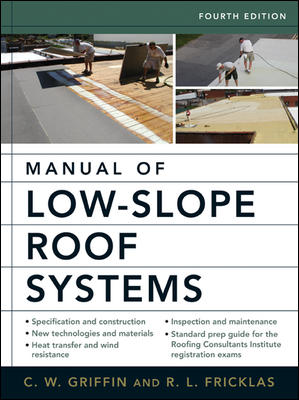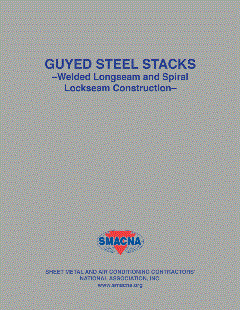Common Financial Mistakes Roofing Contractors Make
As a contractor, you call all the plays, make all the decisions and drive the business.

It’s funny how some things have changed in the last 40 years regarding contractors but much hasn’t. When I started consulting in 1976, the biggest single problem contractors had was not knowing their numbers and having poor financial information. That’s still true today. The vast majority of contractors who join our networking groups have a poor understanding of where they make and lose money. In many cases, some simple evaluations quickly identify weak areas. Dependent on the business’s size, the contractor can suddenly make 30-75k more profit per year. Here are some of the more common financial mistakes we see contractors making.
Poor Financial Records
Many small to mid-size contractors let their accountants keep all their financial records off-site. They’re processing payroll, making tax deposits, etc. but the contractor’s on-site records aren’t updated or usable on a monthly basis. I always chuckle when I ask a contractor how they’re doing and the reply is, “Not sure, haven’t gotten my books back from my accountant.” Accounting is merely scorekeeping. It would be absurd to ask the basketball coach at halftime how the team is doing and have him reply, “I’m not sure, I have to talk to the scorekeeper.” As a contractor, you call all the plays, make all the decisions and drive the business, and you need good financial information to make those decisions.
Failure to Close Out Monthly Financials
Bookkeepers see the financials as balanced when the checkbook balances. The month is balanced when all jobs are closed and jobs in progress are calculated. It’s not uncommon for a contractor to show huge month-to-month swings regarding profitability. Usually this is a sign of poor monthly closeouts. A quick check on this is to compare your raw cost of field labor to total sales. If your labor normally runs about 25 percent of sales and this month it’s 50 percent of sales, you either have big losses or sales that weren’t billed into this month. If your labor is normally 25 percent and this month it’s 10 percent, you either have a big winning job or, more likely, last month’s sales carried over into this month.
Poor Wealth Distribution
Even financially successful contractors make mistakes. Too many contractors fail to diversify and build financial wealth outside the business. Even if you have a nice business facility that’s valuable, it’s still real estate that’s tied to the business. Many contractors believe they’ll sell their business and use the money for retirement; rarely is this the case. Even if you sell your business, you’ll probably have to help finance the sale, particularly if it’s to internal employees or family members. You also face the challenge of getting your equity out of the business. The bigger the business, the larger the equity, the greater the challenge.
Try to maximize retirement and build wealth outside the business. Consider hiring a certified financial planner to help you diversify your wealth. When hiring a financial planner, always ask how they’re paid for their services. Some stock brokers and insurance agents claim to be financial planners but are biased toward their own products.
Confusing Cash with Profits
Cash can be an emotional and misleading indicator of business success. When we were kids, having cash let us go to the movies or buy something — thereby making us feel good. Cash shortages in the business creates stress as we have to make payroll and having cash makes us feel safe. Unfortunately, cash isn’t a good measurement of profits.
For example, when business slows in the fall, you might have lots of cash as you’re collecting money for jobs you just finished and don’t have as much money going out on new jobs. Cash is flowing in but the business might actually be unprofitable that month. The opposite happens in the spring, when you’re outlaying cash to start work and haven’t gotten paid for it yet. Cash is a little like pulling a trailer. It will follow you and come in just fine as long as you’re charging enough, getting jobs done on time and working for people who will pay you.
Cash is a business tool that helps keep the wheels of the business oiled. It’s not a profit measurement. With this in mind, make sure all your financial statements are run accrual and not in cash. If your accountant does your taxes in cash, that’s okay but don’t use cash statements to evaluate your business profitability. Cash statements don’t include bills you haven’t paid and accounts receivable. In others words, it doesn’t include what you owe others and what others owe you, so cash results can be very misleading. Most accounting software has a simple button to push that offers the option of running a cash versus an accrual statement.
These are just a few of the financial problems contractors encounter. If you’d like to discuss your own situation, please feel free to reach me via the contact information below. There’s no charge to answer a few questions over the phone.
Looking for a reprint of this article?
From high-res PDFs to custom plaques, order your copy today!








